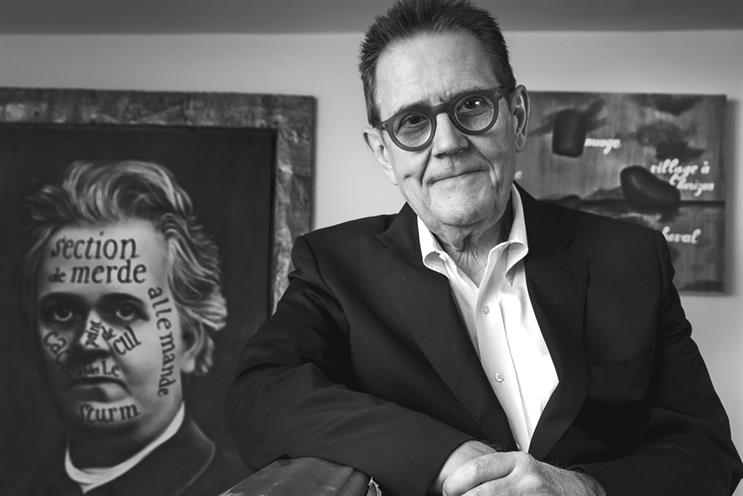My mother-in-law is Chinese, born and brought up in Singapore.
When she came to visit us, I took her to Oxford, full of old buildings, very English.
But on the way there, she asked me to slow down.
I said: “There’s nothing to see here but fields Mum, it’s much nicer when we get there.”
She said: “I want to see the hills and the cute fat, white sheep. It looks just the way I used to see in the picture-books when I was a little girl at school.”
For me, the fields were just something to get past on the way to where we were going.
It never occurred to me that they were unusual or interesting.
But of course, that’s because we only judge things by what we know.
In Singapore, where she grew up, they didn’t have sheep grazing on the hillside.
So to her it looked exotic and foreign, just the way jungle and rice-paddies look to me.
The writer Chimamanda Ngozi Adichie makes the same point.
She grew up in Nigeria, but all the books she read were English.
So all she read about was white children with ponytails, eating apples, drinking ginger beer, playing in snow, discussing the weather and saying the sun was lovely.
To her this was an exotic world, very different from hers.
She’d never eaten an apple, just mangoes; in her world no one discussed the weather because every day was blisteringly hot, and she couldn’t grow a ponytail.
When she began to write, as a little girl, she thought that books had to be about the things she read in the English books.
She never read any books about the things in her life, so she thought no one lived like her.
I remember that feeling when I was young.
The only radio and television channels were BBC, and everyone spoke perfect English.
So naturally I thought that must be how every one in England spoke.
It was just where I lived where people spoke with working-class accents.
I’m sure working-class people all over the country felt the same way, which is why everyone assumed a BBC accent was the only correct way to speak.
That’s what happens when we expect everyone to conform to a single standard; we lose diversity and we lose understanding of the differences.
We end up with during a sports broadcast, and saying she needed elocution lessons.
Despite the fact that Alex Scott is a football professional with 140 appearances for England, whereas Digby Jones is a relic sitting on his bottom in the House of Lords.
But to him, her diction is more important than her knowledge.
That’s what Chimamanda Ngozi Adichie calls The Danger of a Single Story.
By assuming there is only one truth, and it’s ours, we become unable to communicate and consequently irrelevant.
That’s what made John Webster different to every other advertising professional.
He realised the person receiving the communication is much more important than the person delivering the communication.
And unless John understood the person he was supposed to be talking to, he couldn’t possibly communicate.
Which is why the very first thing he did was get the planner to explain absolutely everything to him about the target market, in detail.
Because in most cases, John WASN’T the target market.
Of course he’d bring his natural creative ability to bear, whatever the subject.
But he’d do it by learning everything about the person on the receiving end.
By learning and appreciating everything that made them different to himself.
Because, unlike most advertising people, John didn’t want to be talking to himself.
Dave Trott is the author of The Power of Ignorance, Creative Blindness and How to Cure It, Creative Mischief, Predatory Thinking and One Plus One Equals Three


